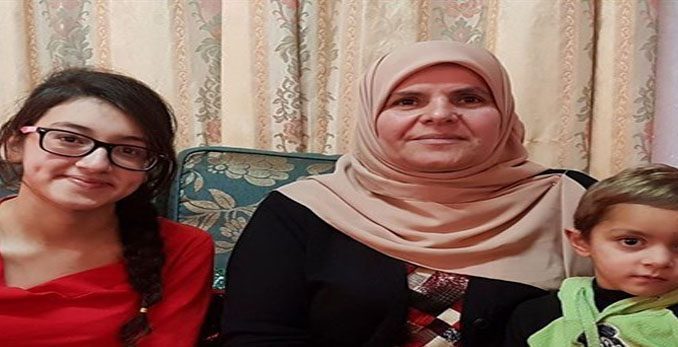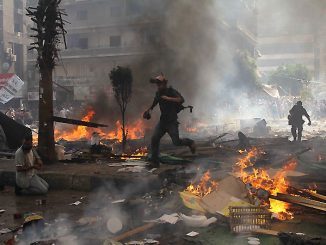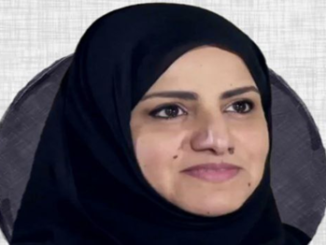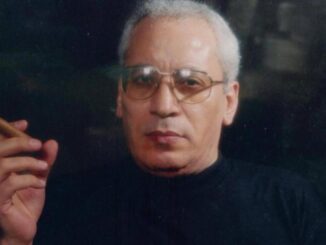
After eight months under house arrest, 48 year-old Sahar al-Natsheh is getting ready to spend three months in Israeli prison
Al-Natsheh was detained on March 21, 2016 near the Bab al-Hutta Gate (Gate of Remission) of the Al-Aqsa Mosque compound in occupied East Jerusalem’s Old City.
Following her detention, al-Natsheh said she was held in solitary confinement for 11 days in Israel’s Ramla prison and the Russian Compound detention center.
“I went through very tough circumstances, I didn’t drink water for two days, the mattress was in a very bad condition where it was wet and rotten, and the bathroom inside the cell was very dirty,” al-Natsheh told Ma’an, describing her time in solitary confinement.
Once released from solitary, she was ordered to eight months under house arrest.
“During my detention, Israeli forces raided my house, interrogated other women I knew, confiscated phones and devices from my home and checked the contents of everything that was confiscated,” she said.
Al-Natsheh noted that during interrogation, Israeli inspectors focused on old photos posted on her Facebook account of Palestinians throwing rocks at Israeli forces, and car-ramming attacks committed by Palestinians against Israeli forces.
Al-Natsheh, however, maintained to Ma’an that her Facebook account was hacked, and it was not her who posted the pictures.
She added that Israeli authorities banned her from using social media, using smart phones and communicating with press while in house-detention, and that she couldn’t escort her husband to the hospital when he was sick, and couldn’t attend her son’s graduation ceremony.Despite the incitement charges against her, al-Natsheh explained that she was put on the Israeli black list for people not allowed to enter the Al-Aqsa Mosque in late 2015, and that she believed the primary reason for her sentencing was for her violation of the order against her.
On Nov. 24, 2016, an Israeli court sentenced the mother of six to three months in prison for incitement through social media and for entering the Al-Aqsa Mosque, the third holiest site for Muslims around the world.
Prior to her arrest in March 2016 and the events that transpired after, which al-Natsheh claims she was ordered by Israeli authorities not to speak about to the media, she was detained several times by Israeli forces “in an attempt to scare her away from Al-Aqsa Mosque,” she said.
According to al-Natsheh, following one of her detentions, where she claimed Israeli forces assaulted her in the Al-Aqsa Mosque compound, she was banned from entering the compound for two months.
Critics have instead pointed chiefly to the frustration and despair brought on by Israel’s decades-long military occupation of the Palestinian territory and the absence of a political horizon as reasons for the rise of unrest, and have accused the Israeli government of utilizing “anti-terrorism” discourse in order to justify and further entrench the Israeli military’s half-century occupation of the West Bank and near decade-long siege of the Gaza Strip.



